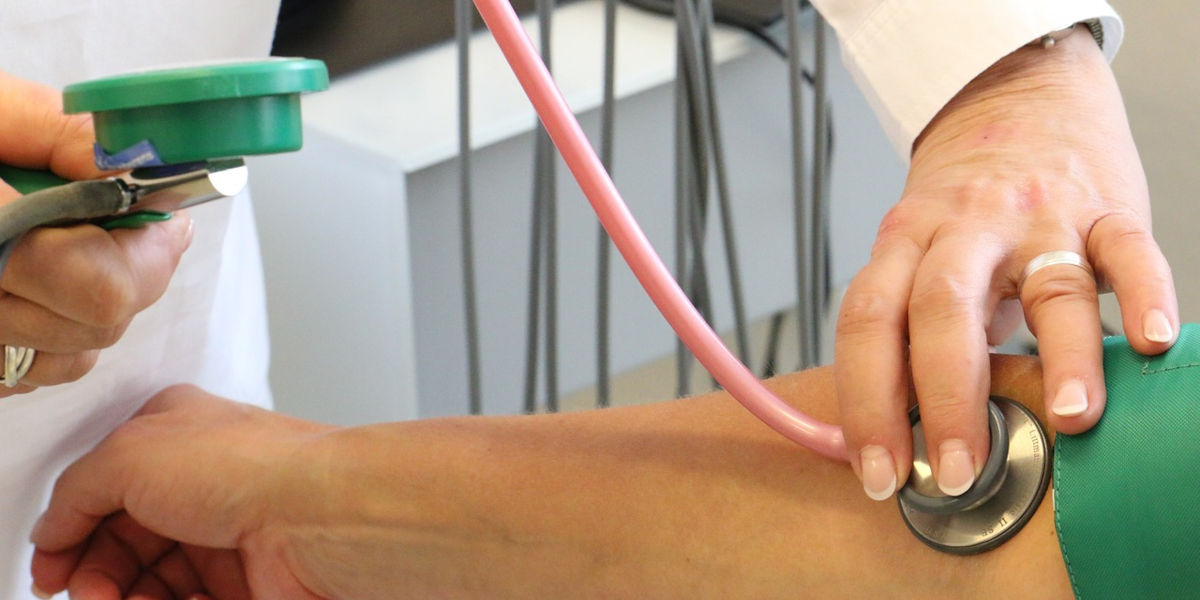Throughout the swift flow of our lives, we encounter countless stressors that tag along in the expedition. But have we ever connected the dots between stress and blood pressure? Does facing stressful situations lead to a surge in our blood pressure levels? Or, can we effectively use the idea of managing stress to lower blood pressure? Let's explore.
The Stress Effect: Stress and Blood Pressure
To fully comprehend the dynamics of stress and how it can potentially affect our cardiovascular health, primarily our blood pressure, we must first look at the body's typical response to stress. Whenever we encounter a stressful situation, a surge of hormones is released in our body, preparing the 'fight or flight' response. This response prompts the heart to beat faster and blood vessels to narrow down, causing a temporary spike in blood pressure.
This process is entirely normal and crucial in navigating through stressful situations. However, can constant exposure to stress result in chronic hypertension or high blood pressure? The science is still out on this matter, but some theories suggest a correlation. Which begs the question, how does stress affect blood pressure?
How Does Stress Affect Blood Pressure?
If someone is perpetually under stress, their body may remain in this high-alert state, resulting in higher than typical blood pressure values even at rest. Stress can also lead to other health behaviors and factors that increase blood pressure, such as low physical activity, high sodium diet, alcohol abuse, and smoking.
Moreover, how stress affects an individual's blood pressure can largely depend on their response to stress. For instance, some people resort to unhealthy coping mechanisms like eating junk food, being inactive, or consuming alcohol, all of which can contribute to higher blood pressure. Therefore, stress management plays a vital role in maintaining healthy blood pressure levels. This notion brings us directly to how to manage stress to lower blood pressure.
How to Manage Stress to Lower Blood Pressure
Managing stress can seem a bit overwhelming, especially when it's being associated with something as significant as blood pressure health. That said, by incorporating small changes into your lifestyle, you can begin to better manage stress and, subsequently, potentially lower your blood pressure.
The Double-Edged Sword of Adrenaline
The human body responds to stressful situations by releasing hormones such as adrenaline and cortisol. These function to prepare our body for "fight-or-flight," a necessary response that played a crucial role in our survival throughout history. Adrenaline increases your heart rate, constricts blood vessels, and in turn, raises your blood pressure. In the short term, these responses can be helpful. Imaginably, our ancestors needed this surge of energy when they encountered a predator or other immediate dangers. However, in today's modern and fast-paced world, we more often experience stress from non-life-threatening situations — work, traffic, family matters, etc.
When stress becomes chronic, the constant release of these hormones can lead to continued high blood pressure, also known as hypertension. Hypertension is a serious health issue as it increases the risk of heart disease, kidney disease, and stroke. Notably, stress is not a direct cause of hypertension but it certainly carries the potential of increasing your blood pressure.
Maintaining Mental Calm Amidst The Storm
The first part of our stress management strategy is maintaining mental calmness. The best techniques for achieving this may vary widely among individuals, yet common effective methods are mind-body exercises such as meditation, deep breathing, and yoga. These techniques help decrease the production of stress hormones, hence lowering blood pressure.
Other popular activities such as listening to music, drawing, journaling, or any other hobbies you enjoy can serve as effective stress-reducing activities. Studies have shown hobbies and other leisure activities can result in lower heart rate and blood pressure, improved mental focus, and overall increased well-being.
Fuel The Body Right
In addition to mental exercises, ensuring the right input of food into your body cannot be overstated. Frequent intake of high-sodium, high-fat foods can significantly increase blood pressure levels. A balanced diet rich in fruits, vegetables, whole grains, lean protein, and low-fat dairy can keep your blood pressure in check. Also, limiting caffeine and alcohol can aid in managing your stress and blood pressure.
Exercise: The Direct Counter to Stress
Regular physical activity is key in managing stress and blood pressure. However, the point is not to become an elite athlete, but to have consistent moderate exercise. As little as 30 minutes most days of the week can help lower your blood pressure.
Remember, blood pressure management isn't solely about medical treatments. Managing your stress and implementing the above lifestyle changes can greatly affect not only your blood pressure but your overall health.




